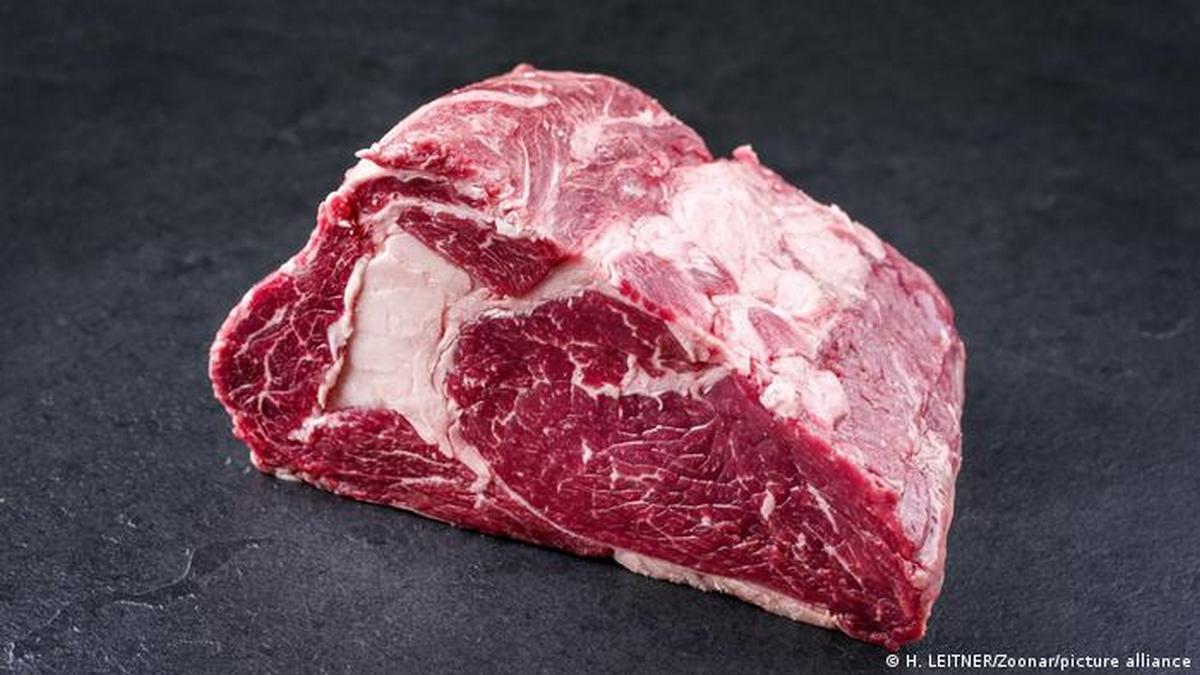What do Bill Gates, Richard Branson and Leonardo DiCaprio have in common? All three are interested in artificial meat. They have invested in startups that develop technologies for synthetic meat products. Three VIP investors believe that “test tube meat” will make a decisive contribution to climate protection and the reduction of factory farming. This is the opinion of scientists from the universities of Oxford and Amsterdam, who calculated that the production of so-called “meat in vitro” uses 96% less water, 99% less agricultural land, and technology reduces emissions by 78-96% – and all this in comparison with the production of animal meat. Let’s not forget about the moral aspect: this technology does not kill animals.
It is based on “in vitro” technology, based on cells from animal meat: the cells are taken from pigs, chickens or cattle, which are then cultured in the laboratory. The new products will help meet the world’s growing hunger for meat, because, according to the World Food Organization, by 2050, global demand for meat will increase by as much as 70%.
Synthetic meat is already served in Singapore and Israel
Synthetic meat has already entered the menu of restaurants in several countries. Guests can now order a crispy chicken with sesame panadas and pasta dumplings for 15 euros at the gourmet Singaporean restaurant Club 1880. Synthetic meat is also available in Singapore and now in Israel.
California-based company Eat Just received the world’s first license to synthesize meat from animal muscle cells in 2020. But at least 80 companies have already entered the market for the production of meat grown in the laboratory, which has attracted serious investors. But traditional food concerns are also showing business interest in new developments.
So “meat in vitro” may soon enter serious industrial production. Eat Just plans to build a large plant in Qatar. If the country’s authorities allow the sale of synthetic meat, the California firm may soon begin shipping it worldwide.
But “test tube meat” is also resisting. Famous chef Sarah Wiener, for example, believes that this is a dangerous impasse. She says that the production of synthetic meat will consume much more energy and other resources.
The fact is that mass production of artificial meat will require huge bioreactors, which consume a huge amount of electricity, says Sylvia Wolf of the Karlsruhe Institute of Technology. In addition, nutrient broth from calf embryos will be used to grow stem cells, which means that millions of calves will have to be killed. Scientists are looking for a solution to this problem by trying to replace veal whey with plant components, such as algae.
It is still too expensive
But the biggest hurdle to new technology arises – as is often the case – because of cost. In 2013, the laboratory meatball still cost 250,000 euros. Yes, today it can be eaten “already” for 45 euros, but a truly competitive market price will be reached only in 2030, experts say. However, the idea that laboratory meat will become cheaper than natural meat in the long run is already gaining momentum. One large consulting company even predicts that in 2040 only 40% of meat products will be made from the meat of slaughtered animals.
In Germany, synthetic meat is not expected to appear in supermarkets tomorrow. Unlike Singapore and Israel, Germany’s health authorities have not yet issued a license. And the interest of German consumers does not seem to be so great.

